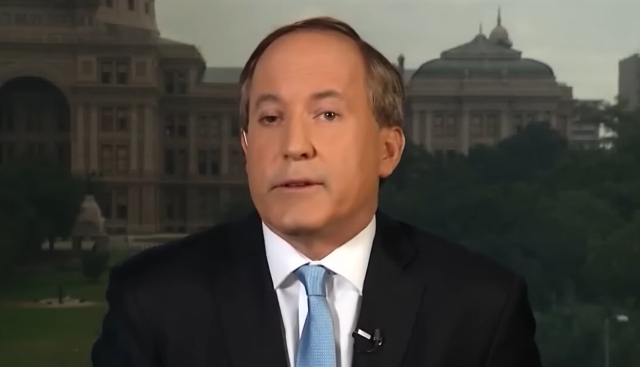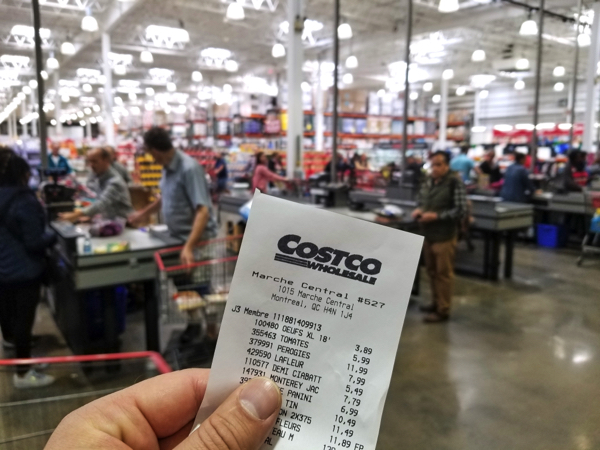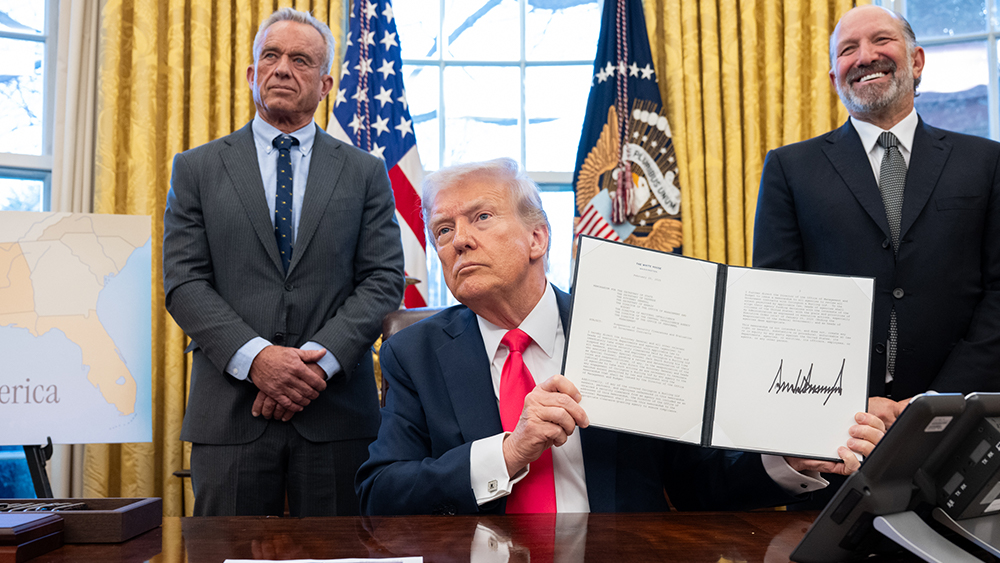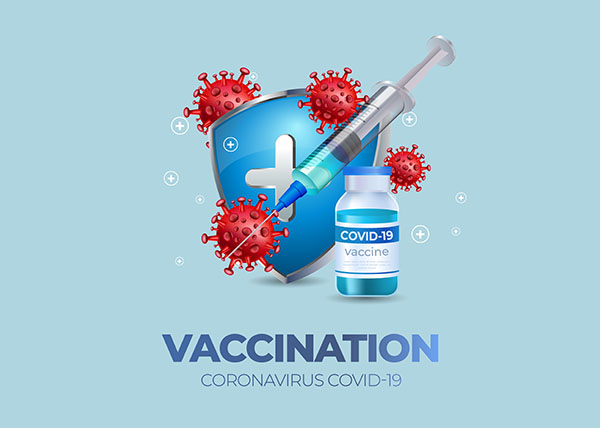Trump pushes “direct payment” health plan as alternative to Obamacare, claims bipartisan interest
11/19/2025 / By Kevin Hughes
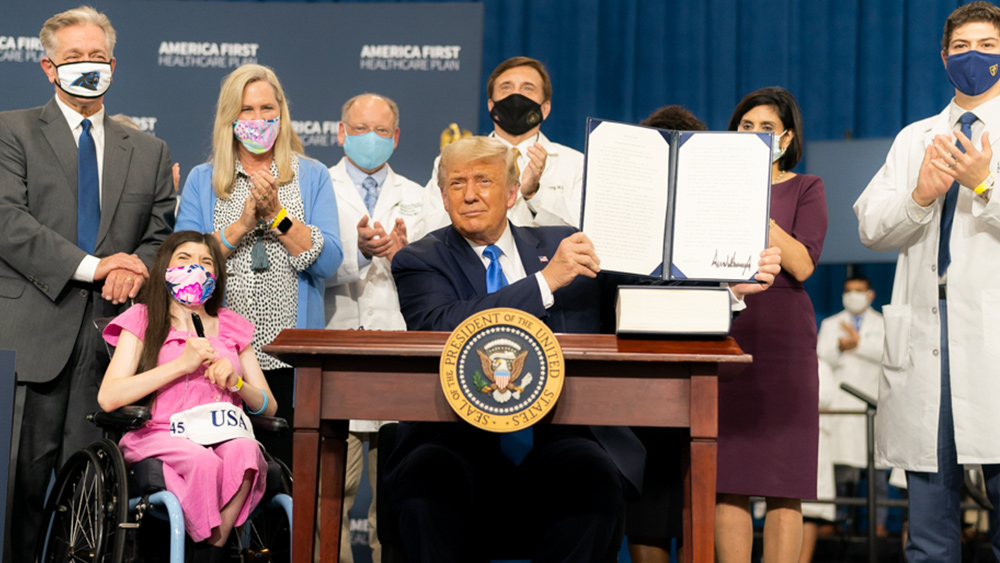
- Trump proposes redirecting federal ACA subsidies from insurance companies to individuals, allowing Americans to use funds for private insurance or deposit into Health Savings Accounts (HSAs). Funds would be “locked” for healthcare expenses only, preventing misuse.
- Individuals could shop independently for coverage, negotiate prices and retain unused funds in HSAs—promoting competition and cost reduction. Trump claims insurers are profiting excessively (“stock up over 1,000 percent”) without reinvesting adequately.
- Senators Bill Cassidy (R-LA) and Rick Scott (R-FL) back similar plans to dismantle ACA’s subsidy structure. House Ways & Means Committee is drafting a bill to allow partial direct subsidies into HSAs.
- Democrats previously fought to extend ACA subsidies (set to expire in 2025) but may face pressure if GOP unites behind Trump’s plan. Roughly 20 Democratic offices are reportedly open to negotiations, though critics warn of marketplace destabilization and premium hikes.
- Critics argue the plan could raise premiums for remaining ACA enrollees by diverting funds from insurers. A Senate vote on ACA subsidies is expected by mid-December, with Trump’s proposal potentially reshaping federal healthcare assistance distribution.
President Donald Trump revealed Sunday, Nov. 16, that he has engaged in discussions with congressional Democrats about a potential overhaul of the Affordable Care Act (ACA), proposing a system where federal health care funds would be paid directly to Americans rather than funneled through insurance companies.
Speaking to reporters before returning to Washington, Trump touted the plan as a consumer-driven alternative to ACA, emphasizing that individuals could use the funds to purchase their own insurance or deposit them into health savings accounts (HSAs).
“People love it,” Trump said, referencing conversations he has had with Democrats. “The insurance companies are making a fortune. Their stock is up over a thousand percent over a short period of time. They are taking in hundreds of billions of dollars, and they’re not really putting it back, certainly not like they should.”
The proposal aligns with a plan previously floated by Republican Sens. Bill Cassidy (R-LA) and Rick Scott (R-FL), which seeks to dismantle the ACA’s subsidy structure in favor of direct cash payments to individuals. Trump told Fox News‘ Laura Ingraham last week that he supports the idea, stating, “The money [should] go into an account for people where the people buy their own health insurance.”
“The ACA, also known as Obamacare, is a health reform law enacted in the United States in 2010. It was signed into law by President Barack Obama on March 23, 2010, with the primary goal of increasing the quality and affordability of health insurance and expanding access to healthcare for all Americans,” BrightU.AI‘s Enoch explained. “The ACA is a complex piece of legislation that introduced several key changes to the U.S. healthcare system such as the expansion of Medicaid and health insurance marketplaces (exchanges), among others.”
Under Trump’s proposal, federal subsidies currently paid to insurers—which help lower premiums for ACA enrollees—would instead be deposited into individual accounts. Recipients could then use the funds to shop for coverage independently, negotiate prices or save unused portions in HSAs.
“If it gets approved, we’re going to take the money, we’re going to pay it back to the people of our country to go out and buy health insurance,” Trump said. “They can put it in a health account. We can do it a lot of different ways. But they’d buy their own health insurance. They can negotiate price.”
He assured that the funds would be “locked”—restricted to health care expenses—preventing misuse.
Democrats’ resistance and a potential deal
The announcement comes amid ongoing tensions over ACA subsidies, which Democrats fought to extend during the recent government shutdown. Enhanced subsidies, expanded under the Inflation Reduction Act, are set to expire at the end of 2025 unless renewed.
Though Democrats initially demanded an extension as a condition for reopening the government, they ultimately relented after Senate Majority Leader John Thune (R-SD) promised a December vote on the matter. Retiring Sen. Jeanne Shaheen (D-NH) has since led bipartisan negotiations, but many Republicans remain opposed to continuing the subsidies.
A Senate aide told The Hill that roughly 20 Democratic offices have signaled openness to a potential deal. However, Trump’s direct-payment proposal could upend those discussions, particularly if GOP lawmakers rally behind it.
Critics argue that redirecting funds away from insurers could destabilize the ACA marketplace, potentially leading to higher premiums for those who remain enrolled. Former Transportation Secretary Pete Buttigieg dismissed the plan as a “bad deal,” warning of premium hikes if Republican-backed changes take effect.
Meanwhile, economist Peter Schiff questioned the efficacy of extending ACA subsidies, noting that Obamacare “failed to rein in rising healthcare costs despite promises of affordability.”
Republican support and legislative movement
Sen. Rick Scott confirmed he is drafting legislation to codify Trump’s proposal, stating it would “increase competition and lower costs.” The House Ways and Means Committee is also reportedly circulating a bill that mirrors the President’s vision, allowing enrollees to receive partial subsidies directly into HSAs.
Centers for Medicare and Medicaid Services (CMS) Administrator Dr. Mehmet Oz told CNN‘s “State of the Union” that the administration is “willing to look at all options” to expand coverage, acknowledging flaws in the current system.
With a Senate vote on ACA subsidies expected by mid-December, Trump’s push for direct payments adds a new dimension to the debate. If adopted, the plan could mark a significant shift in how federal health care assistance is distributed—empowering individuals but potentially disrupting insurer stability.
For now, Trump remains optimistic. “The insurance will be better. It’ll cost less. Everybody’s going to be happy,” he declared. “They’re going to feel like entrepreneurs.”
Whether Democrats will embrace “Trumpcare”—or dig in to defend Obamacare—remains to be seen.
Watch the video below about President Donald Trump saying the ObamaCare is a disaster.
This video is from the NewsClips channel on Brighteon.com.
Sources include:
Submit a correction >>
Tagged Under:
ACA, affordable care act, democrats, Donald Trump, GOP, health care expenses, health coverage, health insurance, health savings accounts, Inflation Reduction Act, insurance companies, obamacare, republican, trumpcare
This article may contain statements that reflect the opinion of the author







